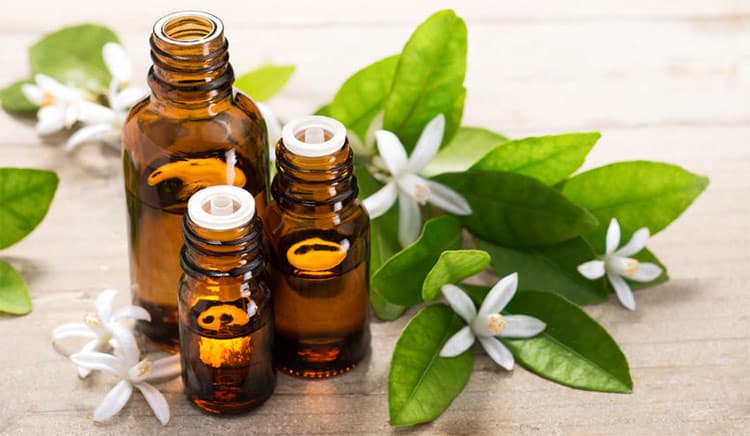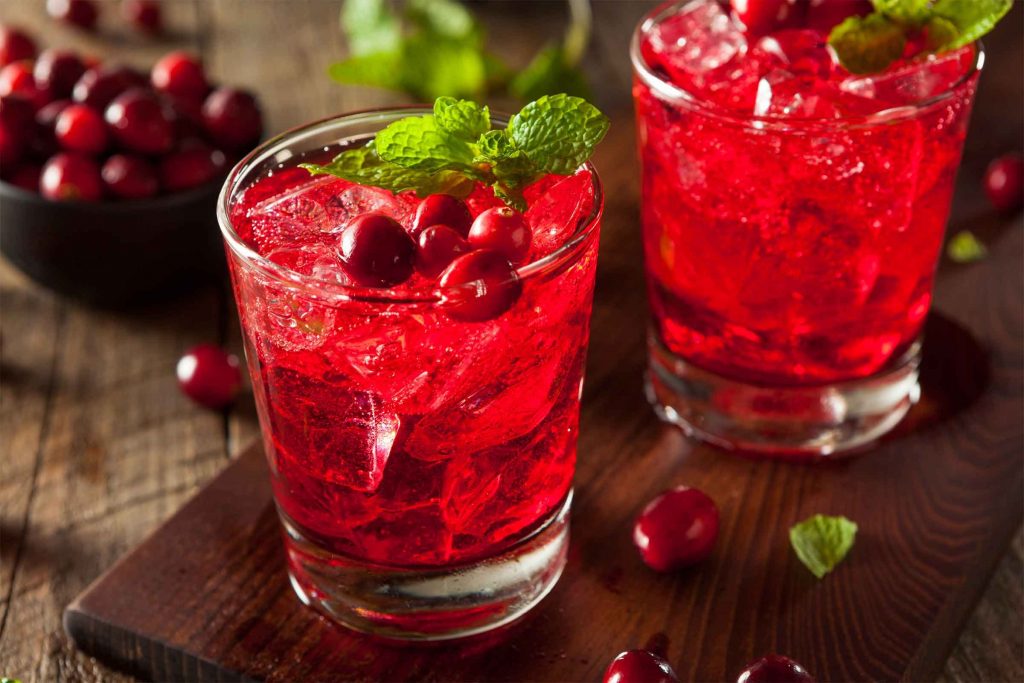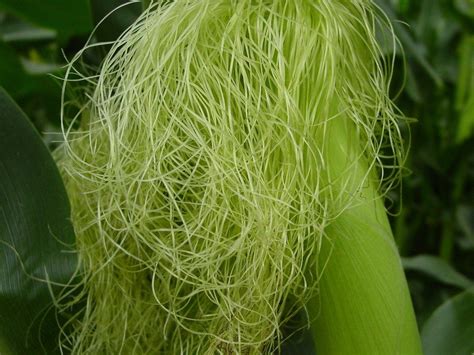If you’re looking for natural treatments for a UTI in horses, there are several ways to help alleviate the condition. One of the best home remedies for UTIs in horses is cranberry juice. This berry is very powerful when it comes to eliminating the causes of bladder infections. Because of its powerful antibacterial properties, cranberry juice is an excellent home remedy for UTIs in horses. It also promotes a feeling of well-being.

Aromatherapy
There are many home remedies for urinary tract infection (UTI) in horses, including essential oils, sage, and ginger. UTIs are generally mild, but some cases may be serious, causing kidney failure or even death. Symptoms of a UTI can include a burning sensation when urinating and frequent trips to the bathroom. Changing your horse’s feed can help prevent future episodes of UTI.

If you notice signs of a bladder infection, you should immediately change the contaminated underwear and wash the horse’s bladder. While this may seem a simple task, it will be crucial to deal with the problem quickly. However, it is not always possible to do this immediately. A washcloth can help. But be careful, as washcloths do not have the same level of effectiveness as the herbal remedies for UTIs in horses.
D-mannose
D-mannose is one of the many plant-based supplements available for use in home remedies for UTIs in horses. It is generally combined with other plant-based supplements. Several studies have shown that oral supplementation can significantly reduce the risk of UTIs in horses. The treatment was administered for 10 days at the beginning of each month for three months. The control group received no treatment at all. The majority of study participants reported complete relief from their urinary symptoms.
D-mannose also helps to inhibit bacterial growth in the urinary tract. It may help to reduce the severity of UTIs by inhibiting bacterial growth and eliminating odor. The compound has been used for decades to treat UTIs in horses. However, the dietary supplement may not be effective for every animal. For this reason, it is important to consult a veterinarian or equine veterinarian before using D-mannose as a home remedy.
Cranberry juice

While we often see home remedies for urinary tract infections in humans, the same can be true for horses. A urinary tract infection is a painful condition that affects both dogs and humans. The infection causes a burning or sharp pain in the abdomen and can even spread to the kidneys. In either case, it’s important to consult a veterinarian as soon as possible to find out the cause and the proper treatment for kidney infections in horses.
The consumption of cranberry juice prevents bacteria from attaching to the bladder wall, which is the source of urinary tract infections. This compound is related to cellulose and is a type of soluble dietary fiber. At the University of Mississippi, Christina Coleman spent years studying cranberry-fed pigs to find the compound called proanthocyanidins. While there are some side effects associated with cranberry supplements, they are not as severe as in human cases.
Corn silk
You can make a tea from corn silk by steeping 1 tablespoon of chopped corn silk in a cup of water. Brew the tea for 15 to 20 minutes, then strain. Add a dash of raw honey and enjoy! The leftover tea will keep in the fridge for two to three days. For humans, a cup of corn silk tea three times a day is sufficient. Horses may take smaller amounts.
For humans, you can make a tincture from corn silk. Simply steep a teaspoon of dried corn silk in about 4 oz of high-proof alcohol, like vodka. Store the tincture for four to six weeks. You can even mix a teaspoon with raw honey to make it even more palatable. If you want to make the remedy quickly and easily, you can purchase a ready-made version from companies such as Mountain Rose Herbs. If you want a non-alcoholic version, you can opt for glycerites instead. However, you should know that corn silk is not suitable for children, pets, and pregnant animals.
Garlic

The first thing you should do if you suspect that your horse may have a UTI is to check his or her feed. Garlic can be toxic, so you should use it sparingly. Sprinkle about 1/2 tsp of garlic powder on your horse’s feed. Increase the dose by half a teaspoon every three days. In total, you should use nine tsp. per day.
Garlic is also very effective against flies. It is best to use it raw, as cooking reduces the enzymes it contains. However, make sure you allow a few minutes before giving your horse garlic. Another way to use garlic in a horse’s feed is to add it to a garlic supplement. You can use garlic supplements that contain natural sulfur, which is beneficial for horses’ immune systems.




Just wondering if D-MANNOSE has been effective in horses for UTI’s
In my research, I’ve found that D-mannose has been effective in horses for UTIs. This is because it binds to the E. coli bacteria, making it susceptible to antibiotics and other treatments.